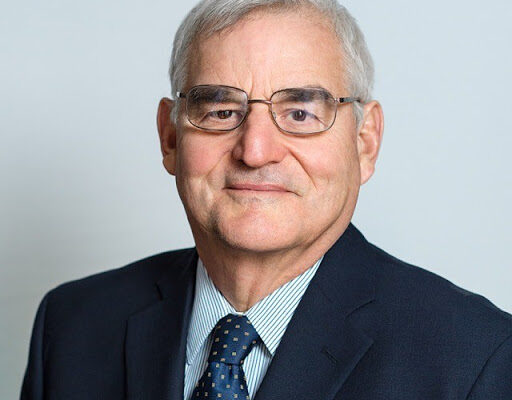Interview with our Editors: Shane Spelliscy, Chair of UNCITRAL Working Group III on Investor-State Dispute Settlement Reform
In 2017, the United Nations Commission on International Trade Law (UNCITRAL) initiated a consultative process to consider procedural reform options for investor-State dispute settlement (ISDS). Kluwer Arbitration Blog ran a series on UNCITRAL’s reform work in 2020, highlighting several subjects under consideration by Working Group III (WGIII). To get first-hand insights into the current status…

